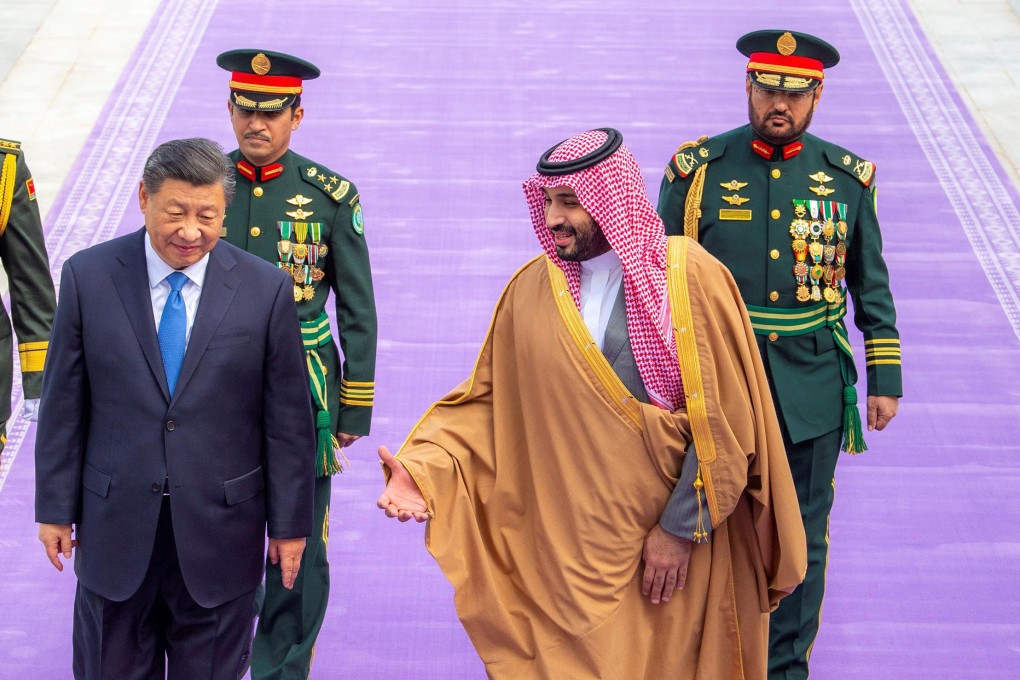Advertisement
Opinion | How Xi’s Saudi Arabia visit shows rise of new world order beyond US hegemony
- The liberal world order the US led after World War II is falling apart and taking the credibility of US leadership down with it
- Xi Jinping’s warm reception in the Middle East underlines the appeal of its vison of a multilateral, fairer and more inclusive world
Reading Time:4 minutes
Why you can trust SCMP
1

After World War II, world peace and prosperity have on the whole endured with a benign US-led liberal world order. That order followed the United Nations Charter of universal respect for national sovereignty, territorial integrity, international law, free trade, human rights and non-discrimination on the grounds of race, sex, language or religion.
Nowadays, it appears that this liberal world order has been fraying at the seams, if not falling apart entirely.
US credibility was damaged by its unilateral “war on terror” with charges of weapons of mass destruction. It tore up a painstakingly negotiated Iran nuclear deal. It withdrew from Afghanistan after two decades, handing over a devastated nation to the Taliban.
Advertisement
Neither has the United States presented itself as a shining example on human rights, fair elections and free international trade. The country is still feeling the effects of the Black Lives Matter protests in 2020 and supporters of former US president Donald Trump storming Capitol Hill in 2021.
In the name of national security, anti-China trade tariffs and economic decoupling trample upon World Trade Organization (WTO) rules and spirit. Similarly, it has blocked appointment of new judges to the WTO’s Appellate Body, alleging judicial activism that affects US sovereignty.
Advertisement
President Xi Jinping’s keynote speech at the first China-Arab States Summit on December 9 warns against the rise of Islamophobia linking terrorism with certain groups of people and religions. He promoted the idea of a multilateral, fairer, more inclusive, and peaceful world oriented towards continuous development.
Advertisement
Select Voice
Choose your listening speed
Get through articles 2x faster
1.25x
250 WPM
Slow
Average
Fast
1.25x
